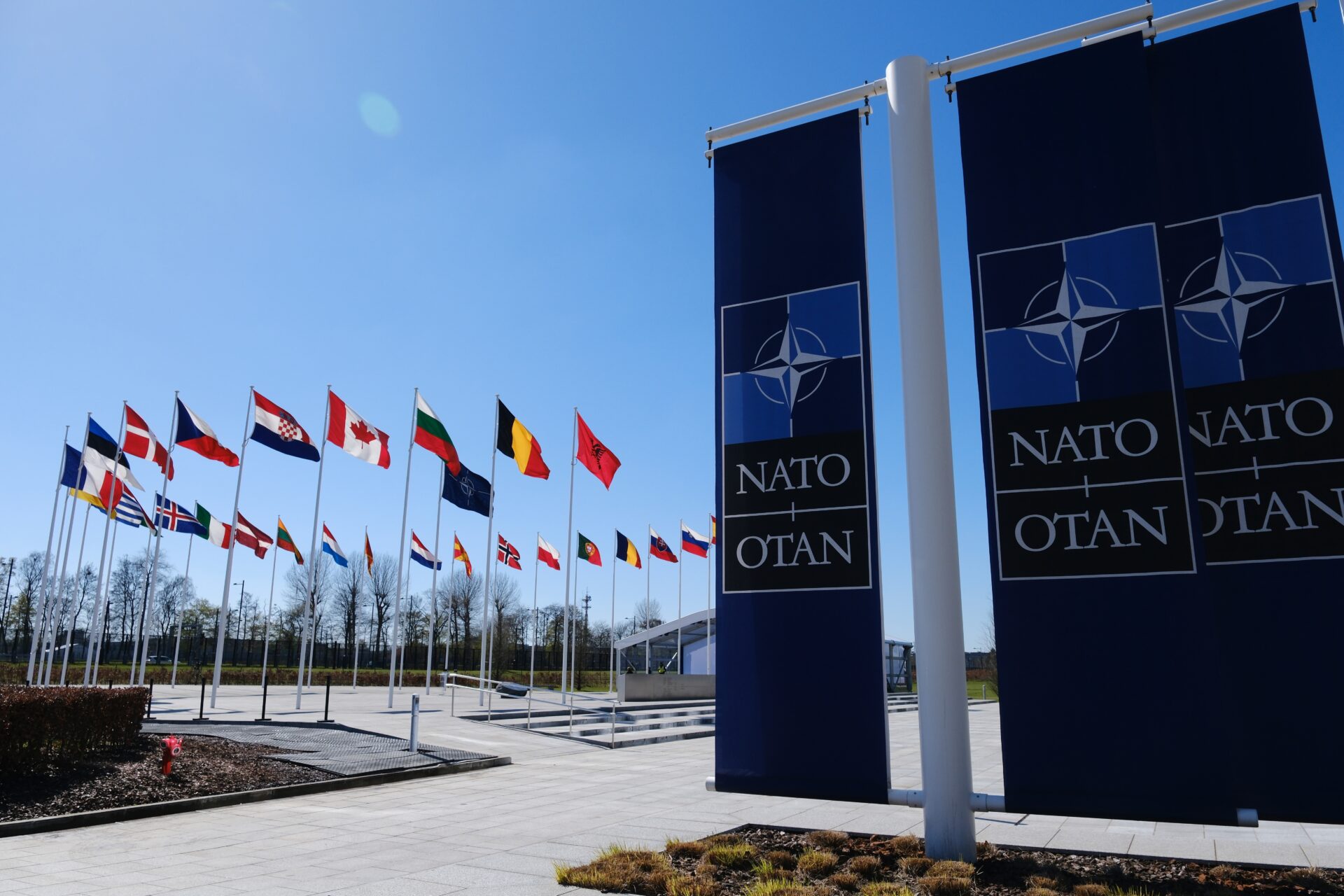
Israel’s SHOCK Airstrike on Qatar Stuns World
In a bold and unprecedented move, Israel’s airstrike on Hamas leadership in Qatar challenges regional norms and sovereignty.
Key Points
- Israel conducts its first direct strike on Qatari soil targeting Hamas leaders.
- The operation involved air-launched ballistic missiles from the Red Sea.
- International condemnation follows, highlighting diplomatic tensions.
- The strike disrupts ongoing U.S.-backed ceasefire talks in the region.
Israeli Airstrike: Strategic and Political Implications
On September 9, 2025, Israeli fighter jets executed a significant airstrike targeting senior Hamas leaders in Doha, Qatar. This operation used air-launched ballistic missiles fired from over the Red Sea, marking Israel’s first military action on Qatari territory. The strike aimed at disrupting a Hamas leadership meeting discussing a U.S.-backed Gaza ceasefire proposal. While the primary Hamas targets were not killed, the attack resulted in casualties among Hamas members, Qatari security forces, and civilians.
The airstrike has sparked widespread international condemnation, including reactions from the United Nations Security Council and the United States. Israel justifies the strike as a retaliation for the Ramot Junction shooting in Israel, which occurred a day prior. However, this escalation has heightened regional tensions, challenging Qatar’s sovereignty and complicating the geopolitical landscape.
Breaking news: Israel has launched an attack on Hamas targets in Qatar, sharply escalating its war against the Palestinian militant group by striking its political leadership in the Gulf state for the first time. https://t.co/W7BbfMOD3y pic.twitter.com/uaGijU3KyF
— Financial Times (@FT) September 9, 2025
Historical Context and Escalation
The Gaza conflict, marked by repeated hostilities since Hamas’s control in 2007, has often involved Qatar as a mediator due to its hosting of Hamas’s political bureau since 2012. The current strike represents a significant escalation, with Israel extending its military reach into the Gulf for the first time. This move not only disrupts ceasefire negotiations but also sets a precedent for cross-border military actions in the region, raising concerns about Qatar’s role as a neutral mediator and its diplomatic relations with neighboring states.
Qatar has faced criticism for hosting Hamas, but until now, it has not been directly attacked. The use of missiles launched from outside Arab airspace showcases Israel’s advanced military capabilities and strategic reach, potentially reshaping regional security dynamics.
Watch report: Israeli strikes Qatar
Implications and Future Prospects
In the short term, the strike has disrupted ceasefire talks and increased risks to Hamas leadership. Diplomatic tensions between Israel and Qatar are likely to persist, affecting regional security. Long-term implications could include changes in regional alliances and a reevaluation of Qatar’s diplomatic strategies. The attack raises legal and ethical questions regarding sovereignty and civilian protection under international law, potentially influencing future international mediation efforts in the Middle East.
The U.S., as a broker of the ceasefire proposal and a key player in the region, faces challenges in balancing its alliance with Israel and its strategic interests in Qatar. The situation calls for careful diplomatic navigation to prevent further escalation and ensure regional stability.
Sources:
Israeli airstrike on Hamas leadership in Qatar – Wikipedia
https://edition.cnn.com/world/live-news/israel-qatar-attack-09-09-25


